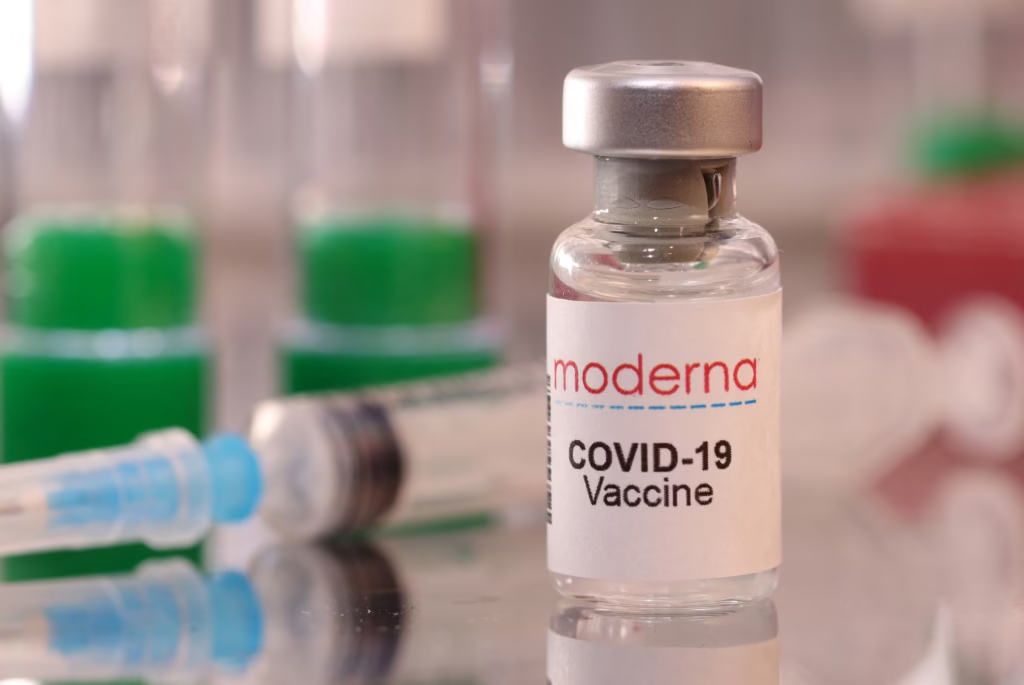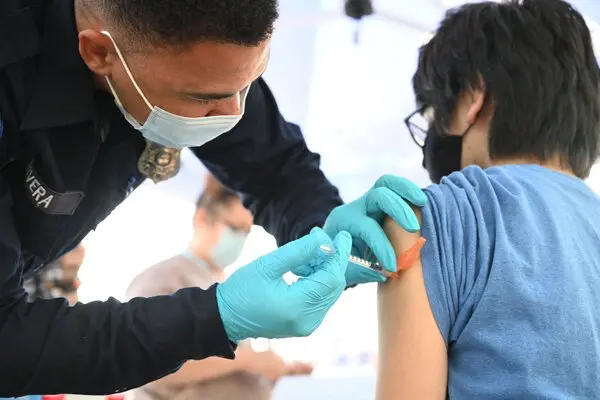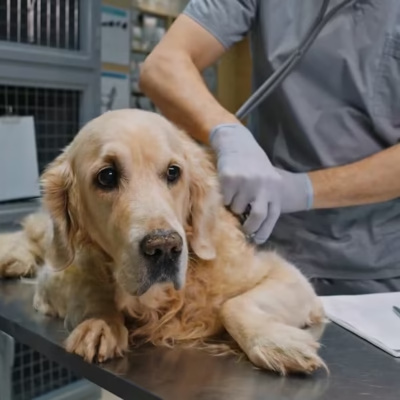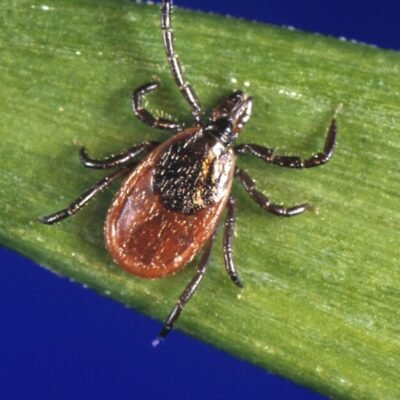In a significant move towards strengthening the nation’s fight against COVID-19, the U.S. Food and Drug Administration (FDA) has officially approved the Moderna COVID vaccine for kids aged 6 months to 11 years. This long-awaited decision brings relief to millions of parents and caregivers who have been hoping for more options to protect their young children against the ongoing threat of the coronavirus.
This development marks a pivotal moment in the country’s vaccination journey and ensures that the youngest members of society can now benefit from Moderna’s mRNA vaccine — one that has proven effective in older children and adults.
Why This Approval Matters
The approval of the Moderna COVID vaccine for kids is more than just another regulatory milestone. It signifies progress in closing the immunity gap among various age groups. Up until now, the Pfizer-BioNTech vaccine had been the main option for children under 12, with limited Moderna availability under emergency use authorization (EUA). Now, with full FDA approval, Moderna joins the list of trusted and verified vaccines for young children.
This move comes at a crucial time as new COVID variants continue to emerge and infect people across age groups, including young children.
What the FDA Approval Means
The FDA’s full approval means that the vaccine has met all the required safety, efficacy, and manufacturing standards, following a rigorous review of clinical data. For parents, this approval brings:
- Increased confidence in the vaccine’s safety and effectiveness.
- More options for pediatric care providers.
- Greater flexibility in local vaccination programs.
- Wider availability of the vaccine across healthcare centers and pharmacies.
According to the FDA, the Moderna COVID vaccine for kids demonstrated a strong immune response and mild to moderate side effects — similar to those seen in older children and adults.
Understanding the Age Range: 6 Months to 11 Years
Vaccinating young children has always been a sensitive topic due to their developing immune systems. But clinical trials for Moderna’s vaccine in this age group have shown promising results.
Key Points from the Trials:
- Children aged 6 months to 5 years were given a two-dose regimen of 25 micrograms each.
- Kids aged 6 to 11 years received two doses of 50 micrograms.
- The vaccine triggered robust antibody responses, comparable to what was seen in young adults.
- Side effects were generally mild and included fatigue, low fever, and injection-site pain.
Safety Comes First: What Parents Should Know
One of the biggest concerns parents have is vaccine safety. The FDA’s approval is backed by months of clinical trials and safety monitoring. Here are some of the key safety details:
- No serious side effects were reported during trials.
- The vaccine did not cause myocarditis or pericarditis (inflammation of the heart), which had been a concern in teen and young adult males with earlier mRNA vaccines.
- Monitoring will continue through the CDC’s Vaccine Adverse Event Reporting System (VAERS).
Healthcare experts have reassured families that the Moderna COVID vaccine for kids is both safe and effective — especially when weighed against the risks of COVID-19 itself.
Why Now? The Timing of FDA’s Decision
This FDA approval comes amid a backdrop of increased pediatric hospitalizations, especially during the colder months when respiratory viruses like RSV and flu are also spreading. According to CDC data:
- Hospitalization rates for kids under 12 due to COVID-19 rose by nearly 40% last winter.
- More than 500 children under age 11 have died from COVID-19 in the U.S. since the pandemic began.
With newer variants showing greater transmissibility, vaccinating children is no longer optional — it’s essential.
Benefits of the Moderna Vaccine for Children

Here are some notable advantages of choosing Moderna’s vaccine for children:
- Longer gap between doses: Moderna’s schedule may offer more time between shots than Pfizer’s, which could be easier for families to manage.
- Easier storage and handling: This helps rural and smaller clinics store and administer the vaccine more effectively.
- Reliable protection against variants: While no vaccine is 100% effective, Moderna’s data show good protection against newer Omicron variants, especially after booster doses.
What’s Next: Booster Doses and Updated Formulas
With FDA approval now in place, health experts expect further developments such as:
- Booster shots for this age group (currently under review).
- Updated variant-specific formulations that will target newer strains of the virus.
- Continued public education campaigns to raise awareness and encourage vaccination.
The CDC is also expected to update its recommendations and vaccine schedules based on this approval.
Parental Guidance: What Should You Do Now?
If you’re a parent or caregiver, here’s what you can do following this announcement:
- Talk to your pediatrician about your child’s vaccine options.
- Check local health department websites for vaccination sites.
- Book an appointment once the vaccine becomes available in your area.
- Continue to follow basic preventive measures like hand washing and avoiding large indoor crowds until your child is fully vaccinated.
What Are Experts Saying?
Health professionals across the board have welcomed the FDA’s approval of the Moderna COVID vaccine for kids. Dr. Rochelle Walensky, former CDC Director, commented:
“Vaccinating children remains one of the best tools we have to protect families and communities. The Moderna vaccine adds a much-needed option for parents who want to make the safest choice for their child’s health.”
Dr. Peter Marks, director of the FDA’s Center for Biologics Evaluation and Research, emphasized:
“The approval of Moderna’s pediatric vaccine reaffirms our commitment to ensuring the safety and well-being of all age groups through thorough scientific evaluation.”
Real Parent Reactions
Parents across the U.S. have shared a mix of emotions — relief, excitement, and questions. Here are a few common sentiments:
- “Finally! I feel like we can start sending our daughter to school without fear,” says Maria G., a mother of two in New York.
- “I’ve been waiting for this so I don’t have to rely only on masks and hand sanitizer,” says Ankit R., a parent from California.
- Others still have concerns and are taking a “wait and see” approach — which public health officials say is normal and understandable.
How This Impacts Schools and Daycares

With full FDA approval, many school districts and daycare centers may now:
- Encourage vaccination drives on campus.
- Relax masking or distancing rules for vaccinated children.
- Require proof of vaccination for attendance, depending on state laws.
It may also lead to smoother reopening plans and reduce classroom disruptions due to outbreaks.
How to Access the Moderna Vaccine for Children
Parents and guardians can now access the vaccine through:
- Pediatric clinics
- Local hospitals and health centers
- Pharmacies participating in the federal Vaccines for Children (VFC) program
- Mobile vaccine units in certain underserved areas
Check with your local health authority or pediatrician to learn when the vaccine will be stocked and ready in your area.
Conclusion: A Safe Step Toward a Healthier Future
The FDA’s approval of the Moderna COVID vaccine for kids aged 6 months to 11 years is a milestone in the ongoing battle against COVID-19. It offers hope, protection, and peace of mind to families across the country.
While no vaccine offers perfect protection, the Moderna shot greatly reduces the risk of severe illness, hospitalization, and long-term complications. Parents now have one more powerful tool to keep their children — and their communities — safe.
As the world continues to adjust to a post-pandemic reality, this approval reinforces one clear message: Science works, vaccines protect, and our children deserve the best we can give them.
Read Next – CDC Ends Emergency Response for Bird Flu as Infections Decline






